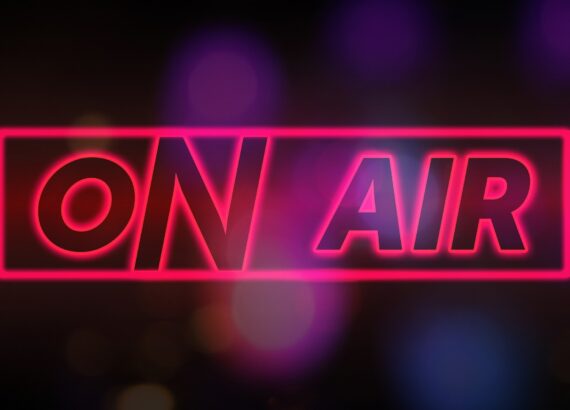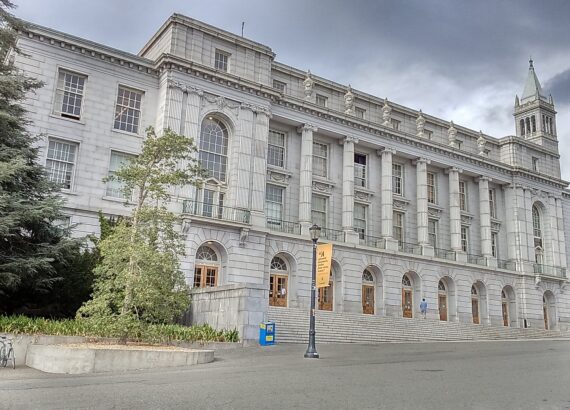Taylor Swift v. Apple
Taylor Swift has been enjoying her market power in the music world lately, pulling her music from Spotifylast November and, most recently, standing up to Appleover its proposal to pay no royalties for songs that Apple Music users listen to during a free three-month trial period. In response to Taylor’s public denouncement of Apple (coupled with her pulling her new album from the service), Apple backed down, promising to pay royalties during the free period as well. So did Taylor Swift score one for the music industry? I say “yes” and “no”. Here are the two ways of looking at this (I’ll start with the counterintuitive “no”).
“No”: What ultimately matters is the total amount of compensation the average artist receives. While it may be tempting to conclude that all artists will now earn more from their music, that isn’t necessarily the case. Apple has not finalized its terms with the artists and the effect of this policy change may be to lower the overall royalty rate. If this happens, artists whose music gets played a lot by people who sign up and then leave when the free trial is over will win; artists whose music is played a lot by paying customers may very well end up with lower payments than they would have received under the original agreement. Will this kind of offsetting effect actually happen? That depends on how much market power Taylor Swift v. Apple have. Which brings me to my next point.
“Yes”: Taylor Swift is incredibly popular, giving her a lot of market power. If negotiations with Apple were artist-specific, she could certainly negotiate a great compensation package for her songs. But it seems pretty clear from what I’ve read about the negotiations that there are at least some terms that apply to everyone. To the extent that (a) there are common terms for all artists and (b) Taylor can affect those terms, her actions did indeed raise all artists’ profits. And, of course, there is the question of public relations. Ultimately, both Apple and the music artists are counting on subscribers for revenue; if the negative PR generated by not paying artists during trial periods costs Apple a lot of paid subscribers, it may be better to pay more, period.
The overall point of this post is similar to that of the previous one: it’s important to pay attention to the total compensation package, not just individual parts.




Comments are closed.